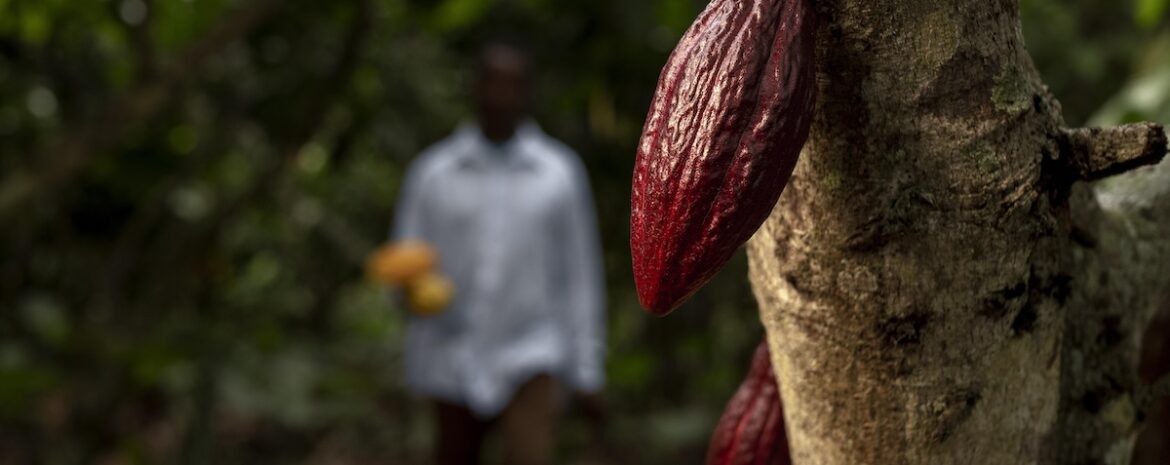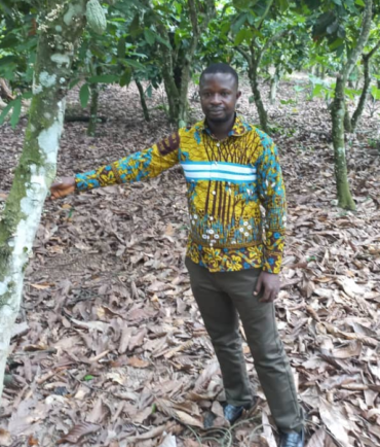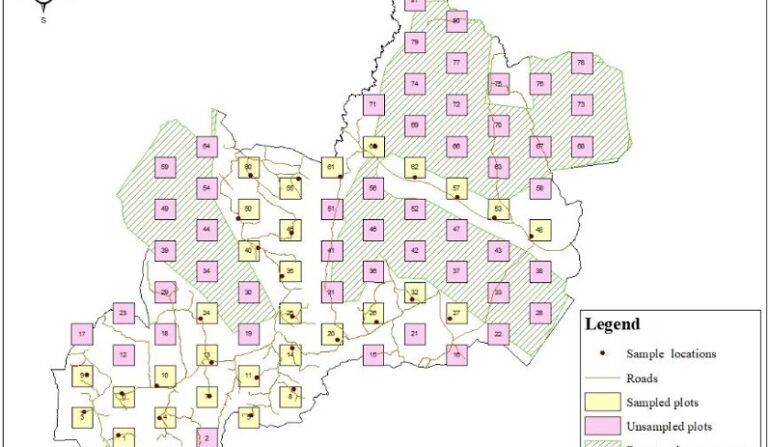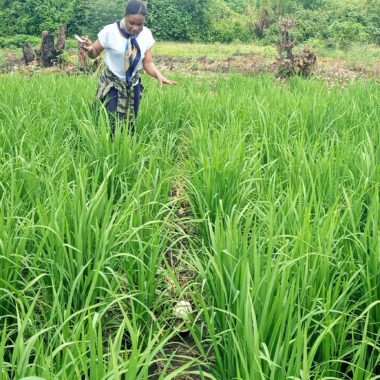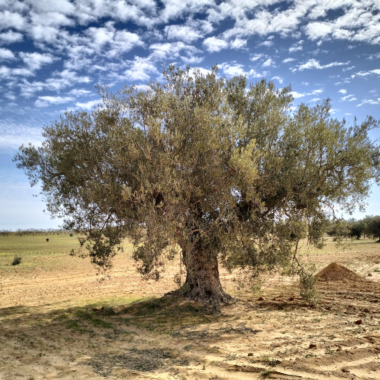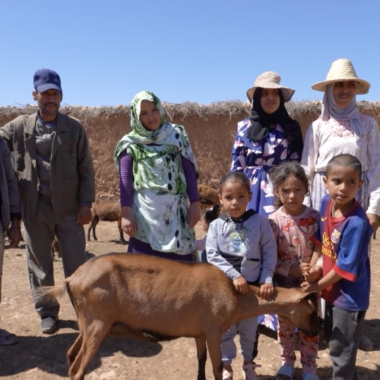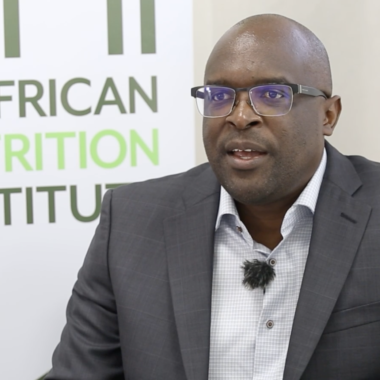Building a Framework to Incentivize Site-Specific Agronomic Management of Smallholder Cocoa Farms
Cocoa researchers in Ghana are midway through their examination of an innovative approach to agronomic management in smallholder cocoa farms. The approach is based on a novel framework using a set of comprehensive assessments of soil fertility, cocoa agronomy, and farmer engagement. It is also evaluating the opportunities offered through use of remotely sensed information technology to characterize crop performance and identify the options to scale-up in a sustainable manner.
Supported by the African Plant Nutrition Research Fund (APNRF), the APNRF-Cacao team is led by its principle investigators, Dr. Edward Yeboah, CSIR-Soil Research Institute, in Kumasi, Ghana, and Dr. George Ashiagbor, Faculty of Renewable Natural Resources, Kwame Nkrumah University of Science and Technology (KNUST), in Kumasi. Togther they have developed a strong and diverse R&D network with partnerships from the University of Ghana, Cranfield University (UK), the Ghana Cocoa Board and its divisions [i.e., Cocoa Research Institute of Ghana, Seed Production Division, and the Cocoa Health and Extension Division), the Cocoa Producers’ Cooperatives, private industry, and International NGOs such as the Grameen Foundation and Touton.
Graduate Student Research Playing a Foundation Role
Using both inter- and trans-disciplinary skills and approaches in its implementation of collaborative M.Sc. and Ph.D. research activities, the team’s focus is on a real-world context that can connect soil health, carbon (C) stock management, yield improvement, and nutrient variability to relevant and meaningful student research questions.
Specifically, the project currently supports 4 M.Sc. programs examining: (1) spatial variability in soil nutrients across the landscapes; (2) species diversity and cocoa soil nutrient variability; (3) relationships between soil health archetypes and cocoa yield; and (4) satellite data relationships with cocoa productivity. Mr. Bright Laboan is also engaged within a Ph.D. program co-located at Cranfield University, UK, and the CSIR-Soil Research Institute, Ghana. He is studying site-specific nutrient management solutions within the range of cocoa agro ecosystems in Ghana.
Mr. Bright Laboan is progressing within his Ph.D. program focusing on site-specific fertilizer recommendations, co-located at Cranfield University, UK, and the CSIR-Soil Research Institute, Ghana.
Collectively, this project’s research has progressed to where protocols are now in place for characterizing representative soil health types, land use and land cover mapping, and the correlations between soil health and cocoa yield. Protocols are also in place for studying effective composting of important sources of recycled C stocks (i.e., cocoa pod husks, poultry manure, and cocoa placentas), organic source incubation and nutrient dynamics assessments, site-specific use of organo-mineral fertilizers (OMFs), and field evaluation of their environmental impacts.
The sites selection and initial soil sampling process have identified 2 sites for the OMF field validation work. Across the semi-deciduous agro ecosystem zone, 64 on-farm plots are in place and initial soil samples are in hand to characterize the soil health profiles representing the existing cocoa-agroforestry and cocoa monoculture systems, food crops systems, and forest reserves systems.
Map of Juaboso District showing sampled plots and locations.
Farmer Engagement is Key to Success
Work with farmers continues with information gathering tools such as structured questionnaires used to conduct surveys in randomly selected farming households (408) in 30 communities. Across the two AEZs represented (evergreen and semi-deciduous forests), the project has emphasized the engagement of its cocoa farmers and their extension agents, and has encouraged their input, support, and ownership during steps of site identification, farm surveying, agronomic platform establishment, monitoring, and feedback.
“Regular cocoa producer field days and capacity building is anticipated to catalyze real world skills development such as teamwork, co-learning, and self-responsibility, authentic problem-solving, critical thinking, and cross-cutting awareness,” – Dr. Edward Yeboah, Principal Investigator.
Together, this research moves us towards realizing the potential of well-defined business cases developed around an integrated GIS and remote sensing model that can inform decisions on best use, and supply, of site-specific fertilizer blends to Ghana’s cocoa farmers. This approach transitions farmers away from the current blanket agronomic approach to more effective, efficient, and precise model that will ultimately catalyze cocoa yield improvement and farmer livelihoods.
For more information on this project, or the African Plant Nutrition Research Fund (APNRF) visit www.apni.net
Image by Freepik

